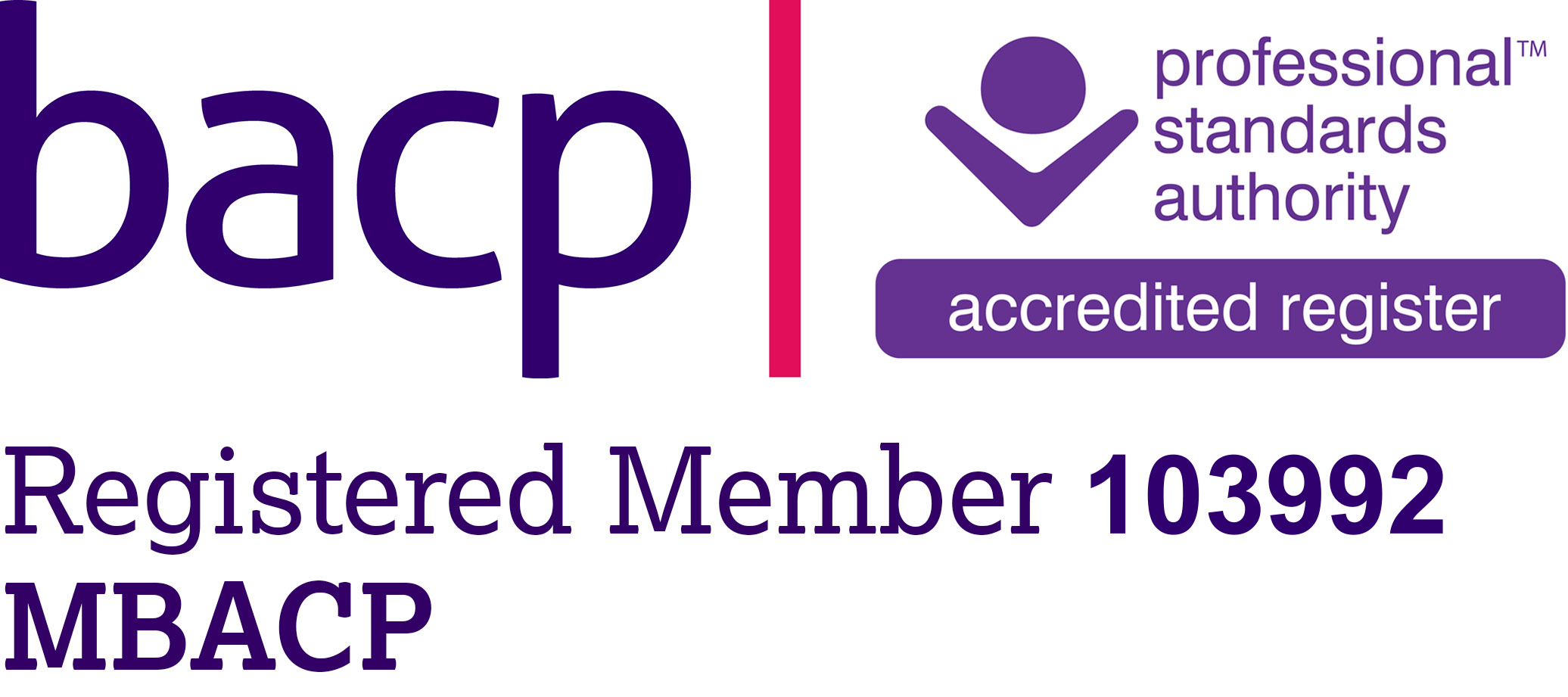Resolving Family Conflict... A Time and a Place...
by Samantha De Bono
Families can bring support, enjoyment, security and other great benefits into our lives, but they can also bring stress, hurt and upset, particularly when there's unresolved conflict. It is usually more difficult to let go of conflicted relationships with family than it is when relationships are just friendships, and unresolved family conflict can bring far reaching strain because they are usually felt among other members of the family too, causing family gatherings to feel stressful and other family members to take sides.
When a conflict has gone on for awhile, even if both parties move on and remain polite, the feelings of pain and mistrust are usually lingering under the surface, and are difficult to resolve, but bringing up old hurts in an effort to resolve them can often backfire, as the other party may feel attacked, on the other hand, avoiding the issue altogether means holding onto resentment which can poison feelings in the present.
Question: So how do you handle family gatherings when there's someone there with whom you have unresolved conflict?
Answer: Just be polite. A family gathering is not the time or place to bring up all the old conflict. That conversation is unlikely to go well and is more likely to go horribly wrong. It is far better to:-
Try To Resolve The Conflict: At a time when all the family isn't gathered, ask the person if they would like to discuss and resolve what happened in the past. If (and only if) you and the other person seem to want to resolve things and are open to seeing one another's points of view, this could be a constructive way forward. Seeing where each of you may have misunderstood the other or behaved in a way you would change if you could, offering sincere apologies and sincerely accepting apology.
Forgive and Forget: If a civil meeting is unlikely, don't push it. It's probably a good idea to try to forgive the other person and let it go. Forgiving doesn't mean making yourself vulnerable again; it only means letting go of your feelings of anger and resentment. Not giving this person the opportunity to hurt you in the future is important, so be careful of what you expect from this person from here-on-in.
Cut The Person Out of Your Life: If what the other person did was abusive and there is no reason to expect things to be different in the future, you shouldn't feel bad about severely limiting your dealings with this person, or even cutting contact altogether. In cases of abusive behaviour, it is necessary to ensure that this person is not given further chances to continue to damage your emotional or mental health.


